How menswear startup Wolf and Shepherd is creating premium, active dress shoes built for the 21st century
 Wolf and Shephed's newest shoe, the Senna Wingtip
Wolf and Shephed's newest shoe, the Senna Wingtip Wolf and Shepherd’s CEO and founder Justin Schneider, a former decathlete and design student at the University of Notre Dame, knew this need all too well and was disappointed in the lack of solutions available in the marketplace. “The athletic shoe industry has done a great job innovating new products and manufacturing processes in last two decades while traditional dress shoes have stayed relatively the same,” says Schneider. “Many of your luxury dress shoes are still extremely uncomfortable and have you walking on wood and nails. We have the technology to be comfortable from the moment we first put on our shoes to when we take them off at the end of the day.”
After graduating from college, Justin spent time working at major footwear companies like Adidas and New Balance, where he learned firsthand the value of creating an authentic story behind each product. With the goal of creating a high end dress shoe that looked great and felt just as good to wear, he launched Wolf and Shepherd and its first line of shoes in the fall of 2014.
The entire line of Wolf and Shepherd shoes seamlessly integrates the style and elements found in modern Italian dress shoes with the comfort and technology of high quality running shoes, helping the company live up to its tagline of “dress to perform”. Additionally, in an effort to prolong the life of the shoe, Wolf and Shepherd made it possible to replace the forefoot and the heels of all of its shoes, which come in a variety of popular styles and colors.
Seeking a partner that understood the importance of quality and precision, soon after launching the company, Schneider secured a partnership soon after launching the company with a manufacturer in Leon, Mexico to help craft its premium leather dress shoes. While the shoes are available in a few select boutique retailers, Wolf and Shepherd primarily distributes its products through its online store, where it offers free shipping and returns on all orders.
Still in its early stages, the company has been able to build momentum thanks to winning first place and a grand prize of $25,000 at Notre Dame’s annual Mcloskey Business Plan Competition earlier this year and receiving positive endorsements for its products from beta customers including prominent athletes and politicians. Justin took a quick break from running and growing Wolf and Shepherd, which is based out of Jacksonville Beach, Florida, to share his thoughts on a range of topics from fundraising to brand building to retailing. Check out the interesting Q& A below:
 Founder and CEO Justin Schneider
Founder and CEO Justin Schneider One of the biggest lessons I've learned regarding funding is to start building relationships with prospective investors from the beginning of your idea. With startups being in the media limelight, there is this notion that anyone can just go out and raise a couple million to start their company. I used to think if I had a good idea and a prototype then my favorite VC firm would gladly stroke me a million dollar check. Well, it's likely this will never happen.
When Wolf & Shepherd was just an idea, I started sharing it with family and friends who trusted me, knew my work ethic, and were excited to follow my progress. As I started to hit milestones: building and receiving my first prototypes, entering and winning a business plan competition, and launching my product with beta customers, my family and friends started making introductions to investors and sharing my progress with them. Over the period of about a year, I was able to organically grow a list of family members and investors who had gained confidence in our ability to build a great company and when we we're ready for our first capital raise, all the investors were already lined up.
Q: Any plans to open up a brick and mortar or showroom location?
Brick and mortar tends to be a very risky upfront investment for startups. Without metric evidence that the location and demographic will perform well with your product, you're left guessing whether the investment will be a success. One of the ways we've begun testing locations is to simultaneously partner with established retailers while experimenting with localized online re-marketing. Depending on how well we are received, we may consider allocating funds to a showroom model but we will have to see about a standalone Wolf & Shepherd storefront.
Q: How do you address the challenges of selling a product online at a fairly high price point that people traditionally like to try out in person?
Great question, Will. The first answer is that we offer free shipping and returns on any product purchased online and follow up with awesome customer service. Not that we want to be taken advantage of, but no matter how extreme a claim we're never going to argue with our customers if they ask to return the product. With a background of designing performance shoes that have sold over half a million pairs and luxury products, we have a lot of confidence in our shoe making and believe most people will be extremely pleased with a new pair of our dress shoes.
Q: Seems like a lot of the high growth fashion e-commerce players (Warby parker, Bonobos, Tie Bar, etc) have been successful at attracting very loyal customers by selling themselves as lifestyle brands and providing a great customer experience. What are ways in which W&S is trying to accomplish that?
It goes without saying that a company will have a very hard time succeeding if they do not provide great customer service (quick responses to customers, personalizing orders and honoring our commitments) and build a great product - I think we are doing these things.
With Wolf & Shepherd, I want us to be good stewards of our success. We are not looking to build a vapid brand in hopes that we'll get acquired for a high multiple when we exceed $5M in revenue. Wolf & Shepherd needs to be an enduring company and for that to happen we have to be mission driven. This includes everyone involved in the company from our customers, to our employees and investors. People are hungry for something authentic, a brand with some consistency and depth. My hope is for Wolf & Shepherd to be a brand you can stand beside for years to come.
Q: Biggest tip or piece of advice for new entrepreneurs launching a business?
My biggest advice is to just try and build it. I think the secret to success (or the common denominator) if you want to put it that way is trying. Nobody ever succeeded wildly or otherwise if they didn’t try first. You can’t succeed if you don’t try to succeed. The power is in the motivation. There is no secret formula to launching a business. Just try.



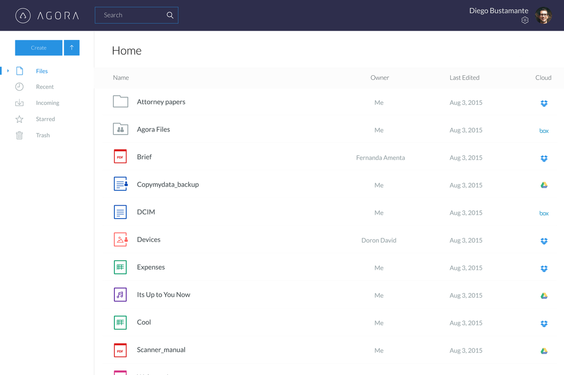
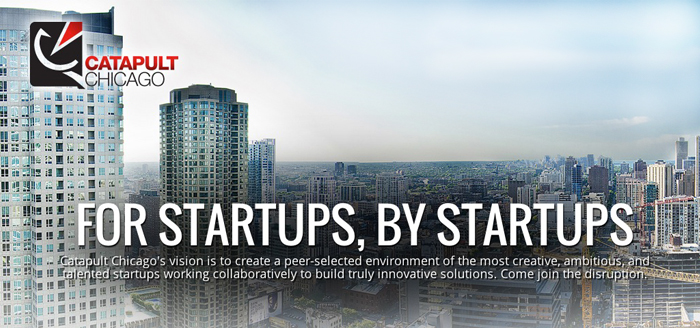
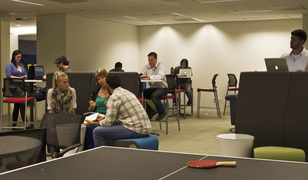

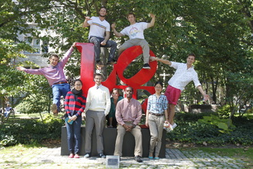


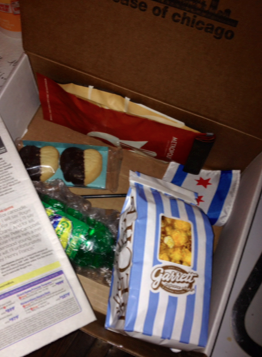



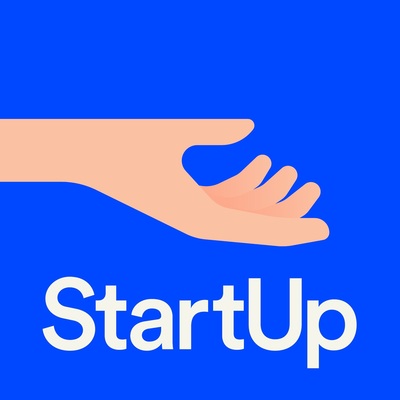

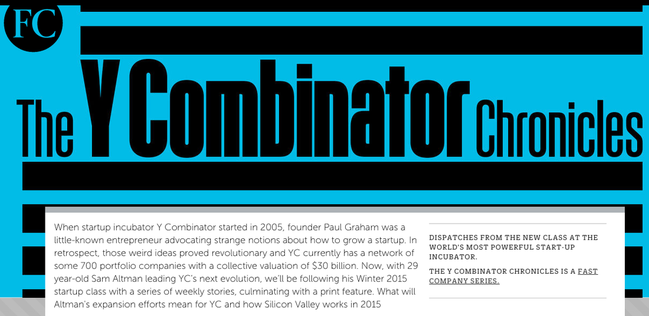


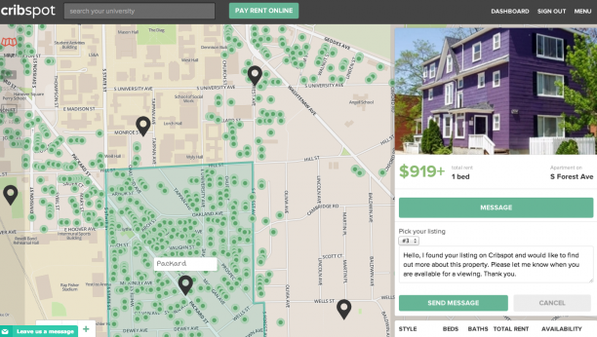
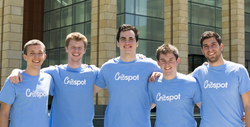
 RSS Feed
RSS Feed
